Conducting academic research and writing articles or papers is another way for educators to have quality professional development and close their own learning gaps. Our research focuses on CLIL, Theme-Based Instruction, and 21st-century skills.
My colleague Nevena Marković and I conducted our first big research at the beginning of 2019. We presented our research at the Faculty of Education in Jagodina, Serbia, at an international conference that discussed teacher competencies in the 21st century. This was our first major conference! We realized that educators develop best by networking and using Connections-based Learning.
Published in УЗДАНИЦА; 2019, XVI/2; стр. 235–251, December 2019

To respond successfully to the transformed nature of work and social relationships in the 21st century, education systems worldwide have highlighted the key role of teachers for developing the crucial learner competences at all levels of education. These competenes are present in the following areas:
Ways of thinking (creativity and innovation, critical thinking, problem solving, decision making, learning to learn, metacognition).
Ways of working (communication, collaboration, teamwork), tools for working (information literacy, ICT literacy), and living in the world (citizenship, life and career, personal and social responsibility and cultural awareness) (Binkley et al., 2012).
The greatest responsibility for providing conditions for deeper learning and competence development in the classroom lies with the teachers. This is why the teacher education and professional development programmes need to help student teachers and practicing teachers develop pedagogical strategies that promote learner competence development.
Text taken from the conference introduction.
We set teaching young learners English following the CLIL methodology as the topic of our research. We talked about theme-based instruction, 21st-century skills, and why it is important to integrate content into language learning in the critical age of development and cross-curricular teaching, along with a theme-based unit which will be analyzed and used as a practical example for the CLIL methodology.
What is the connection between the 21st century skills and CLIL?

A bit more about the research
The paper provides a methodological overview of the framework, which aims to establish the language of instruction from first to fourth grade. The paper also tries to improve the current pedagogical practice in teaching foreign languages in general. During the planning of theme-based teaching units, in correlation with the content of other subjects, an innovative English teacher should aim to develop the 21st-century
skills and try to select the resources for the class by applying Gardner’s theory of multiple intelligences. We also presented interactive methods for teachings, such as the use of digital technologies and project work.
21st-century skills are essential when it comes to education for sustainable development and lifelong learning. This paper appears as the development of communication, collaboration, critical thinking, and creativity.
Gardner’s multiple intelligence theory is the basis for the use of a variety of teaching resources. The diverse means we mentioned in the activities have applications in learning the language and developing hearing, gross and fine motor skills, and acquiring knowledge from different fields.
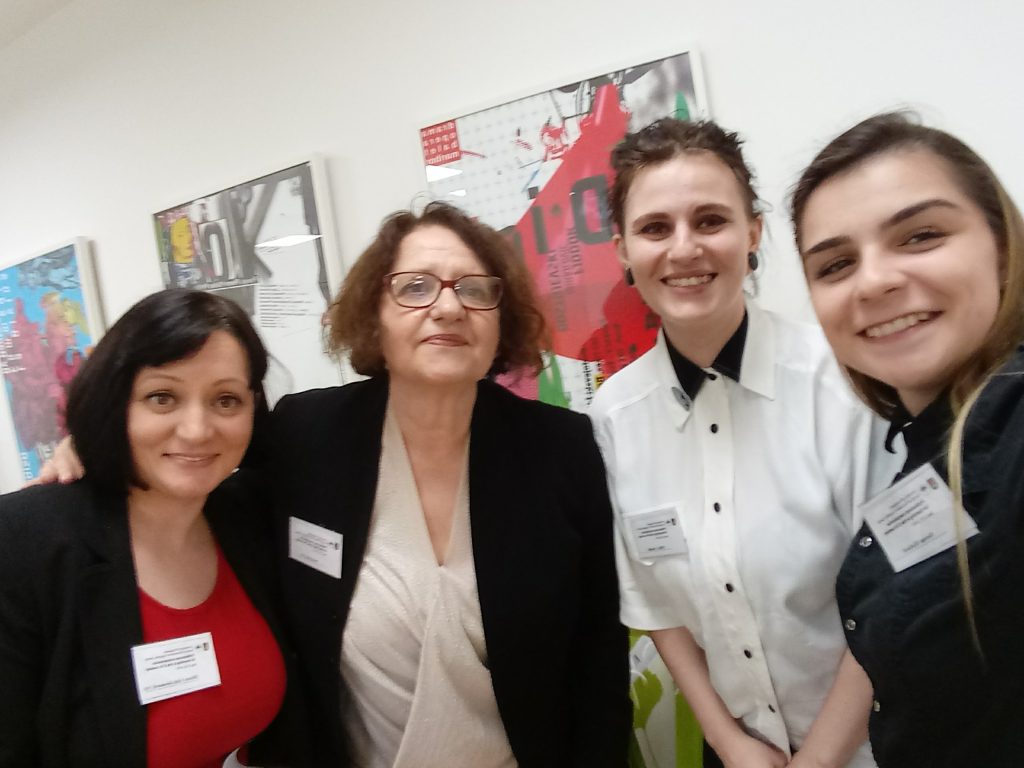
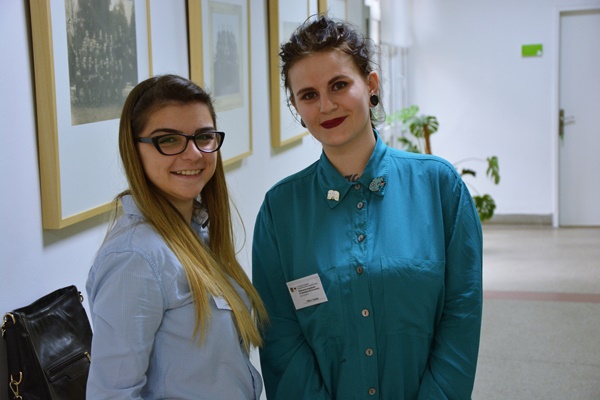
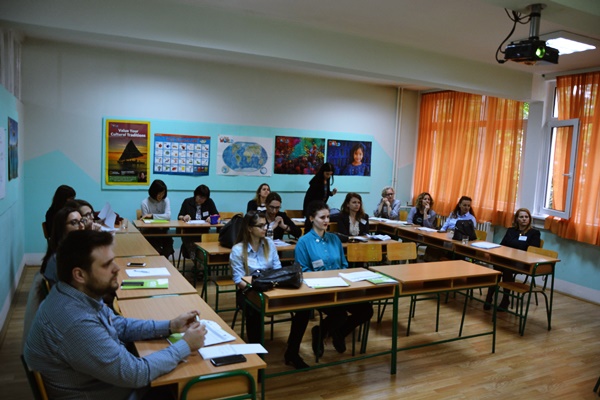
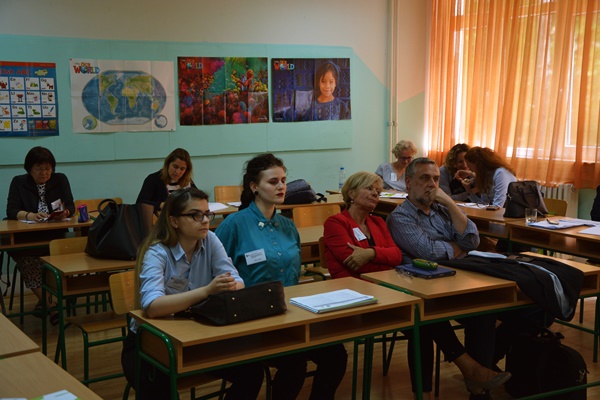
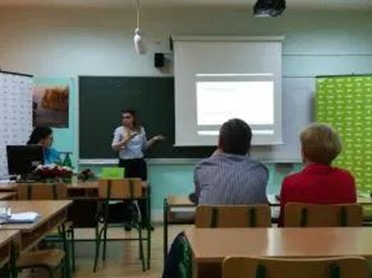
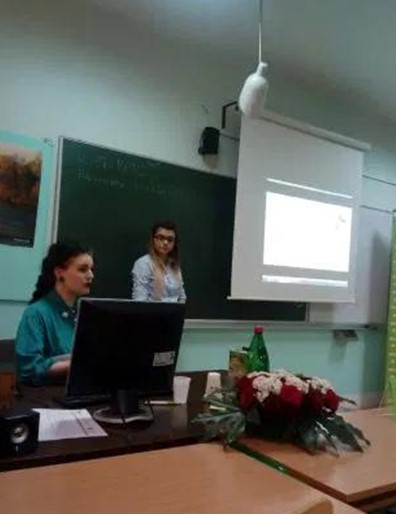
We described the activities of theme-based teaching units and analyzed them through the main principles of the framework. Each activity develops a certain skill of a young speaker of a foreign language, taking into account the integration with the rest of the curriculum, the development of communication, and learning autonomy.
What is the conclusion?
The paper concludes that this versatile approach continues to influence the development of teachers almost as much as it affects the child’s development and development of language. Teachers indirectly and unobtrusively apply for a self-directed professional development program through innovative curricula, precisely through improving the practice itself. Moreover, the work motivates foreign language teachers to cooperate with colleagues from other areas to create a thematic-based curriculum and integrate higher education.
Take a look at a digital reflection – a storytelling video about Theme-based lessons conducted in this research. This video was also used in the National Geographic Educator Certification program.
Take a look at the photo gallery of the conference and the conference program.
What do you think about Theme-based Instruction? Which methodological theory do you use the most while developing your lessons? What are the most important 21st-century skills, according to you? Read about other conferences I presented in 2019 here. Then, let me know in the comments or via the contact page what you think of this topic.
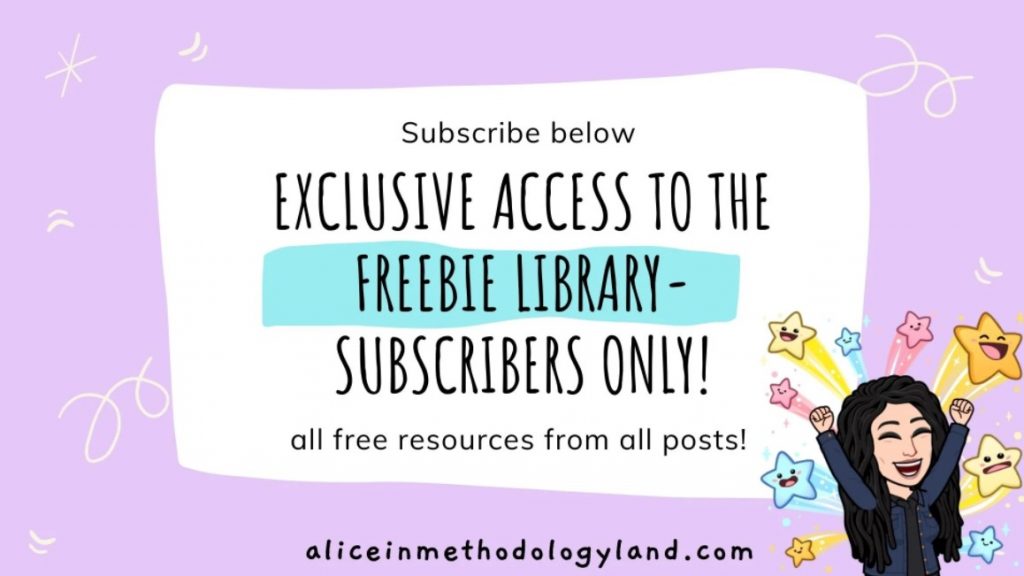
Click here to explore my store where 99% of materials are forever free!
All the materials except lesson plans and 30+ page interactive activity books will be free FOREVER! Why? Because sharing is caring, and 2020 hasn’t been kind to all of us. Please consider donating so I can keep making FREE materials for everyone and keep my website open for all of you.
Don’t forget to leave a review when you download materials! It’s just a minute of your time, and it means a lot to me.
P.S. The store and the freebie library are not the same thing – the freebie library has some extra materials like conference presentations and webinar recordings which are not available in the store ✨
The subscription link for the store is below my bio in every post. ?
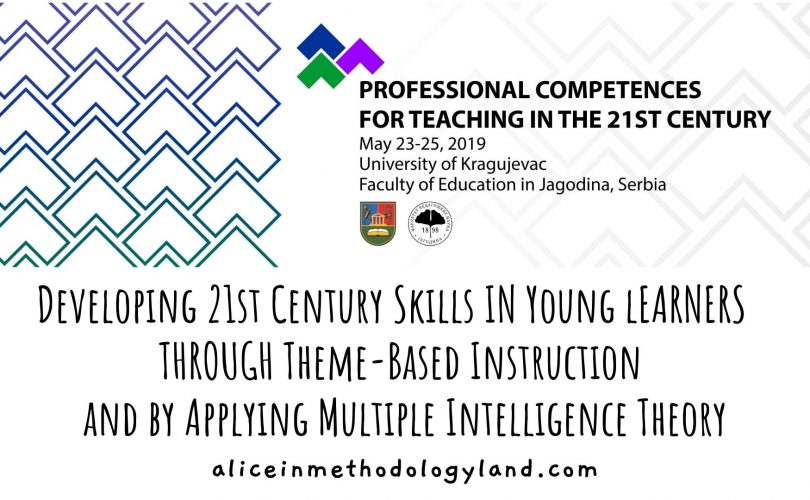

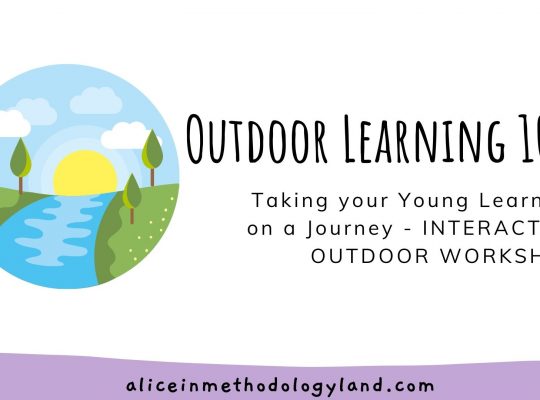
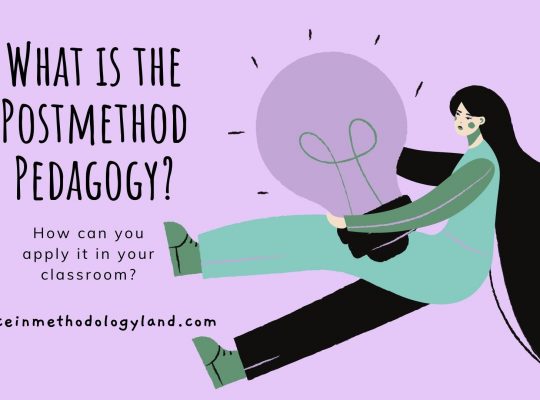
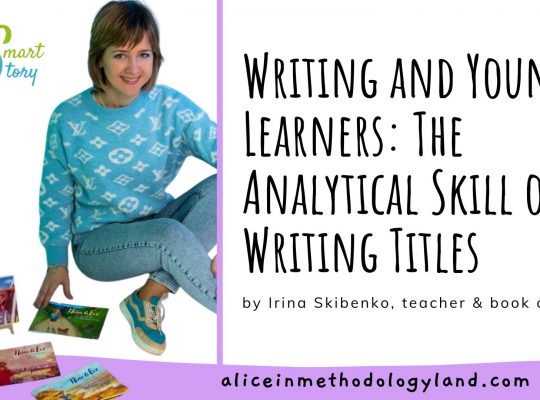

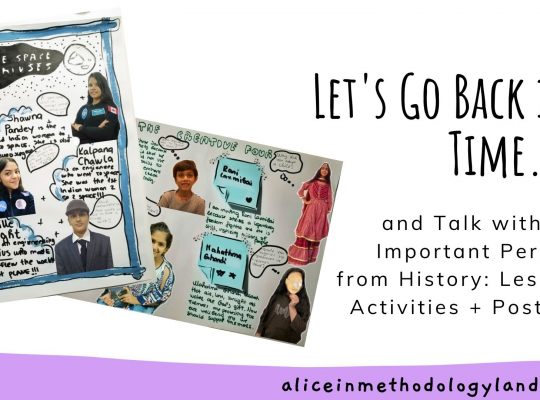
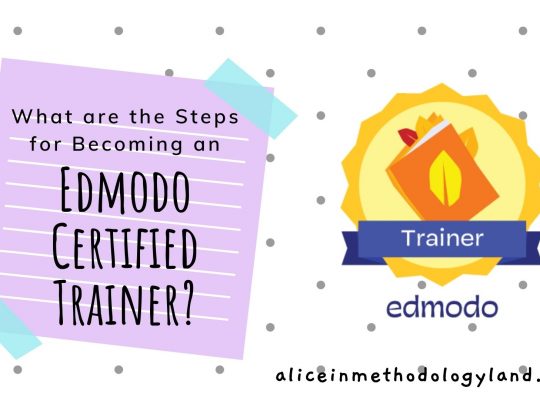
I must say that working with Alice on this project was a valuable experience for me. Exploring this topic through academic lense is needed because, in that way, we can shape the theory for educating young teachers.
Likewise, discussing this with other teachers and sharing just your thoughts with a colleague can spark the conversation. Education systems and teachers need to keep up with the students and their worlds, full of new technologies, instant information, and different ways of thinking.
Use and apply anything you find valuable! :)
I can’t agree more!
Research directly impacts practice and the two are entwined together.
Also, Connections-based learning is the best and the easiest way to develop as a professional – sharing a piece of advice or a tool is so simple, and yet it can have a great impact in someone’s classroom!
[…] Developing 21st Century Skills Through Theme-Based Instruction and by Applying Multiple Intelligence… […]
[…] Read more about the conference we presented our research on here. […]
[…] Developing 21st Century Skills Through CLIL, Theme-Based Instruction and by Applying Multiple Intell… […]
[…] Developing 21st Century Skills Through CLIL, Theme-Based Instruction and by Applying Multiple Intell… […]